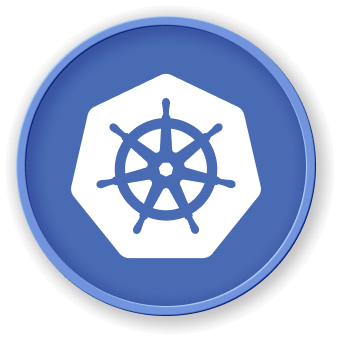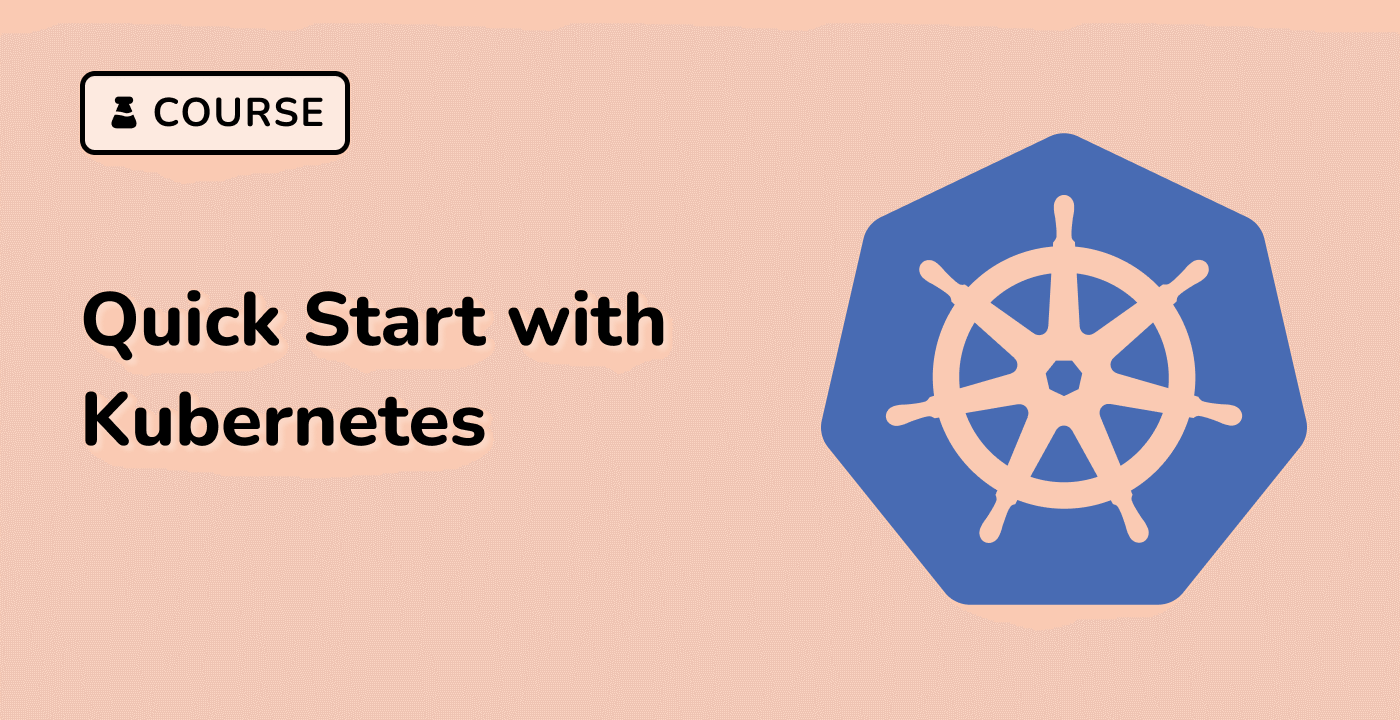Introduction
This comprehensive guide explores the critical aspects of memory management in Kubernetes, providing developers and system administrators with in-depth insights into monitoring, configuring, and optimizing container memory resources. By understanding memory fundamentals, resource types, and monitoring techniques, you'll gain the skills needed to ensure efficient and reliable Kubernetes cluster performance.



